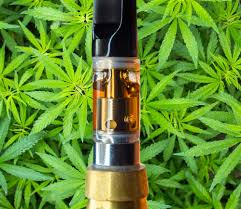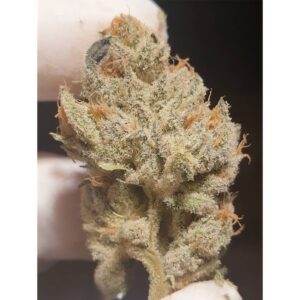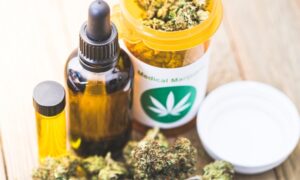Pesticides In Weed Carts List, In recent years, the popularity of cannabis products has surged, particularly with the increasing availability of weed carts, or cannabis vape cartridges. These convenient, pre-filled cartridges offer a discrete and efficient way to consume cannabis. However, as with any product, quality and safety are paramount. One critical concern that consumers should be aware of is the presence of pesticides in these products. This article aims to shed light on the issue of pesticides in weed carts and provide a comprehensive list of commonly detected substances, along with tips for ensuring safe consumption.
The Importance of Pesticide Testing
Pesticides are chemicals used to manage pests and diseases in agriculture. While they are essential for crop protection, their residues can pose health risks when consumed in significant amounts. For cannabis products, the presence of pesticides is a growing concern. Pesticide residues in weed carts can potentially affect users’ health and overall product quality.
Common Pesticides Found in Weed Carts
Recent studies and reports have identified several pesticides that may be present in cannabis products, including:
- Myclobutanil: A fungicide often used to combat mold and mildew. When combusted or vaporized, myclobutanil can convert into hydrogen cyanide, a toxic compound.
- Abamectin: An insecticide and acaricide used to control pests on various crops. It is known for its potential to cause health issues if ingested in large quantities.
- Piperonyl Butoxide (PBO): A chemical used to enhance the effectiveness of insecticides. While not directly toxic, it can contribute to the overall pesticide load in cannabis products.
- Clorpyrifos: An organophosphate insecticide linked to various health problems, including neurological effects.
- Permethrin: A synthetic insecticide similar to natural pyrethrins. It is commonly used for pest control but can be harmful if consumed in large amounts.
Safety and Regulation
The regulation of pesticide use in cannabis varies by region. In places where cannabis is legal, regulatory bodies often set strict guidelines for acceptable pesticide levels. These regulations aim to protect consumers by ensuring that cannabis products, including weed carts, are free from harmful pesticide residues.
However, compliance can vary between producers. It is crucial for consumers to purchase cannabis products from licensed and reputable dispensaries. These establishments should provide lab test results that confirm the absence or minimal presence of harmful pesticides.
How to Ensure Safe Consumption
To minimize risks associated with pesticide residues in weed carts, consider the following tips:
- Check Lab Reports: Reputable producers and dispensaries should provide lab test results for their products. Look for comprehensive tests that include pesticide screenings.
- Purchase from Licensed Sources: Buy cannabis products from licensed dispensaries that adhere to local regulations and standards.
- Research Brands: Investigate brands and manufacturers for their safety practices and commitment to quality control.
- Educate Yourself: Stay informed about the potential risks associated with pesticides and cannabis consumption.
Conclusion
The presence of pesticides in weed carts is a legitimate concern that warrants attention. By being proactive and informed, consumers can make safer choices and enjoy cannabis products with greater confidence. Always prioritize quality and transparency, and consult lab results to ensure that your weed cart is free from harmful pesticide residues. In the evolving landscape of cannabis consumption, knowledge is key to safeguarding your health and well-being.
You Might Also Like These:



